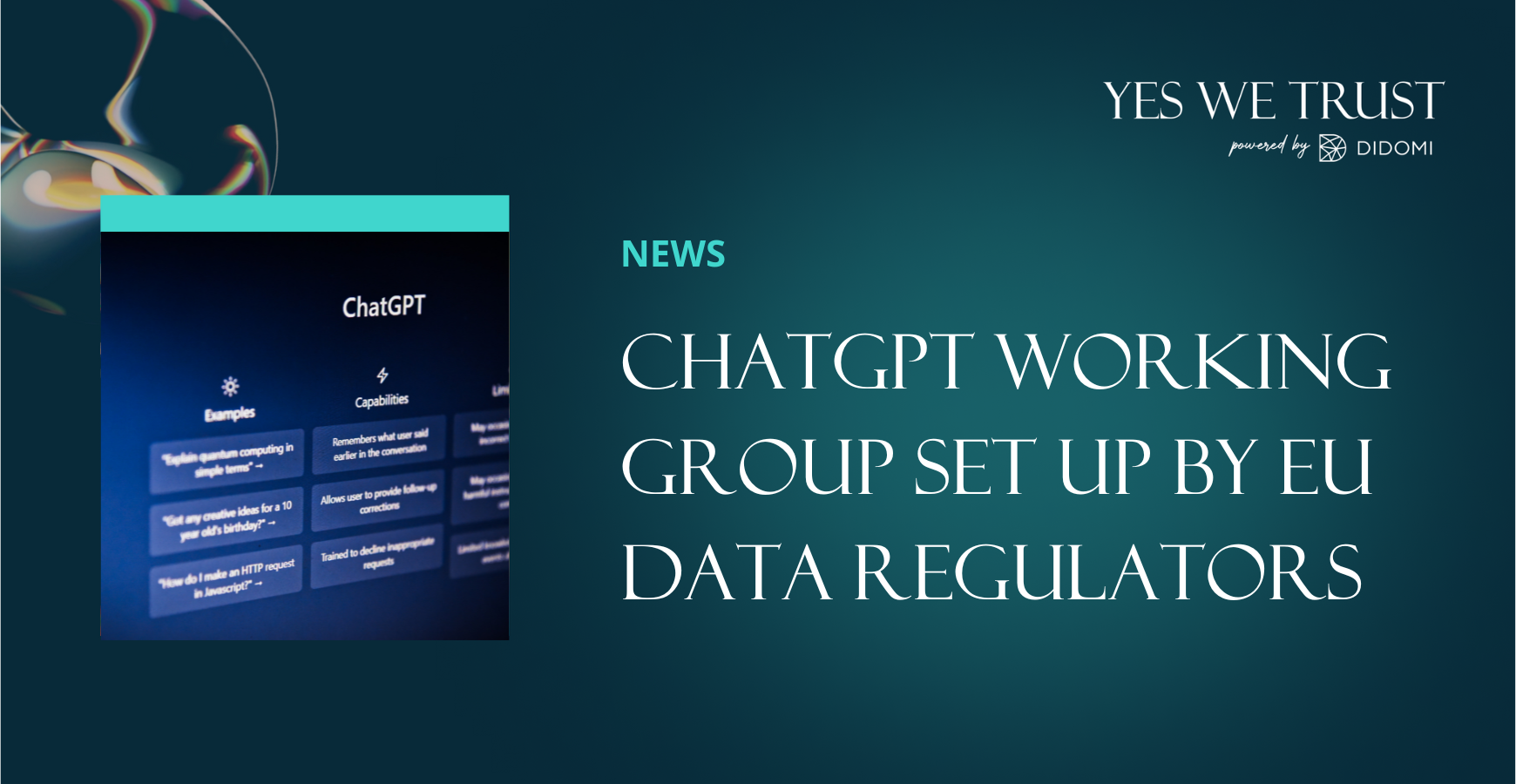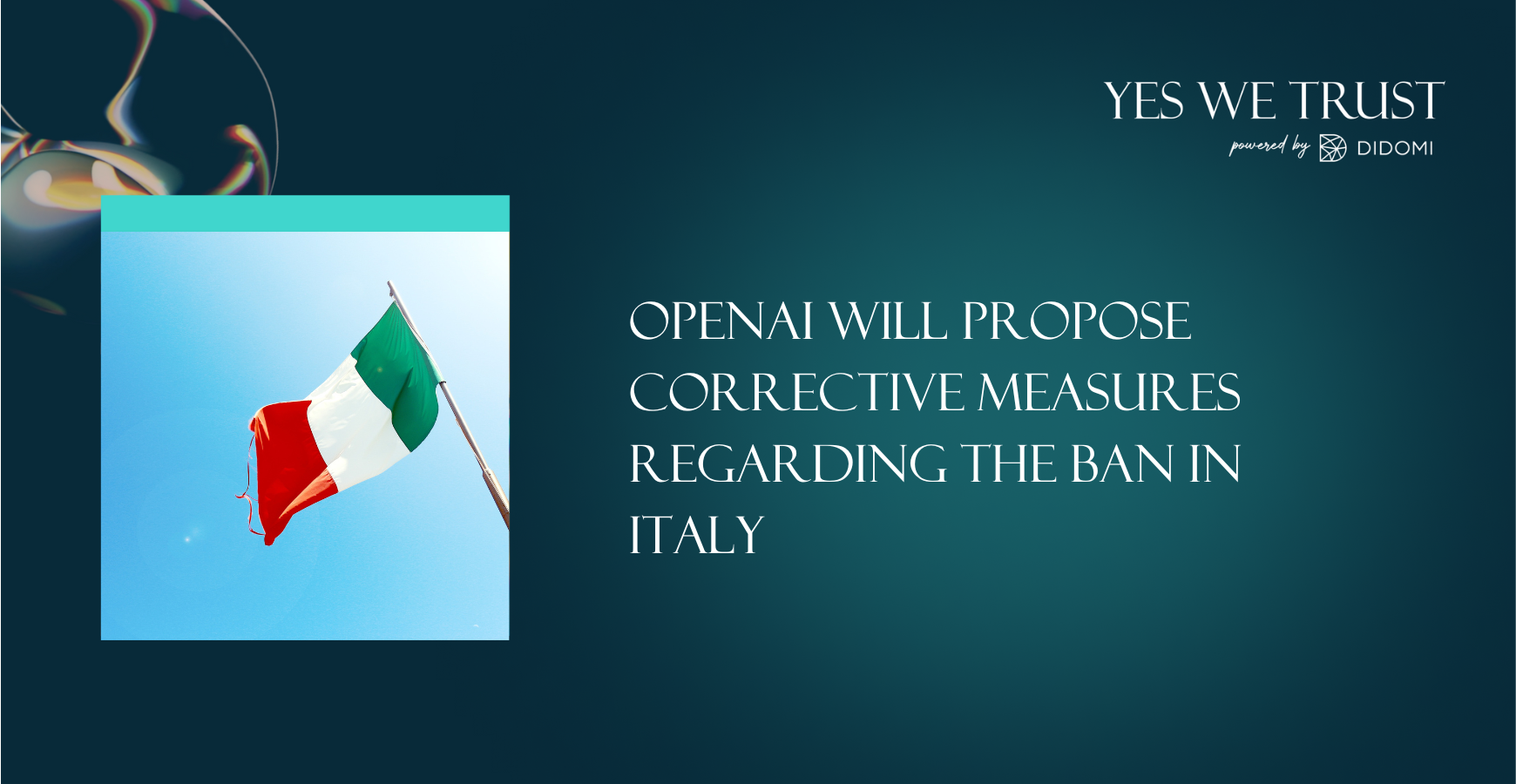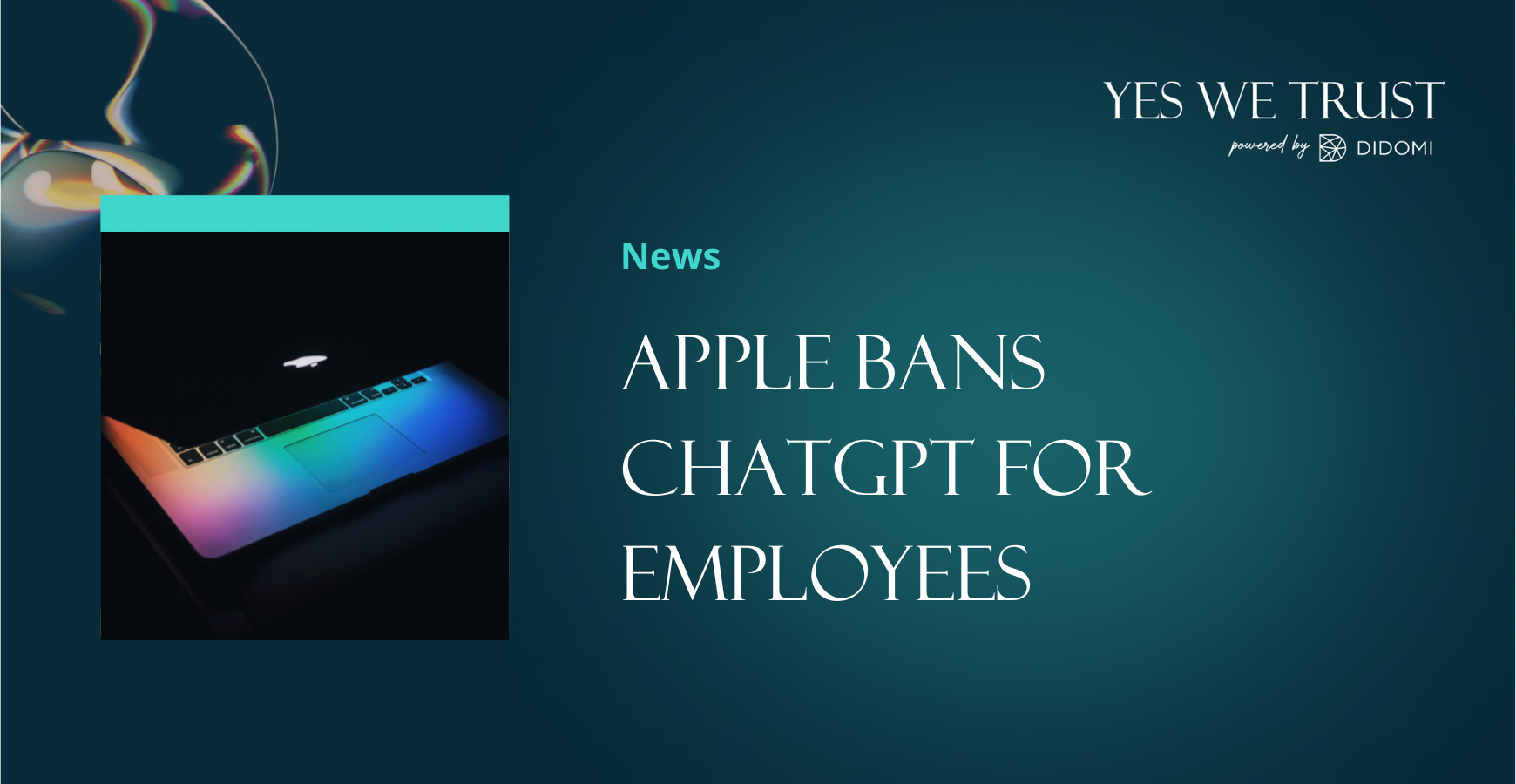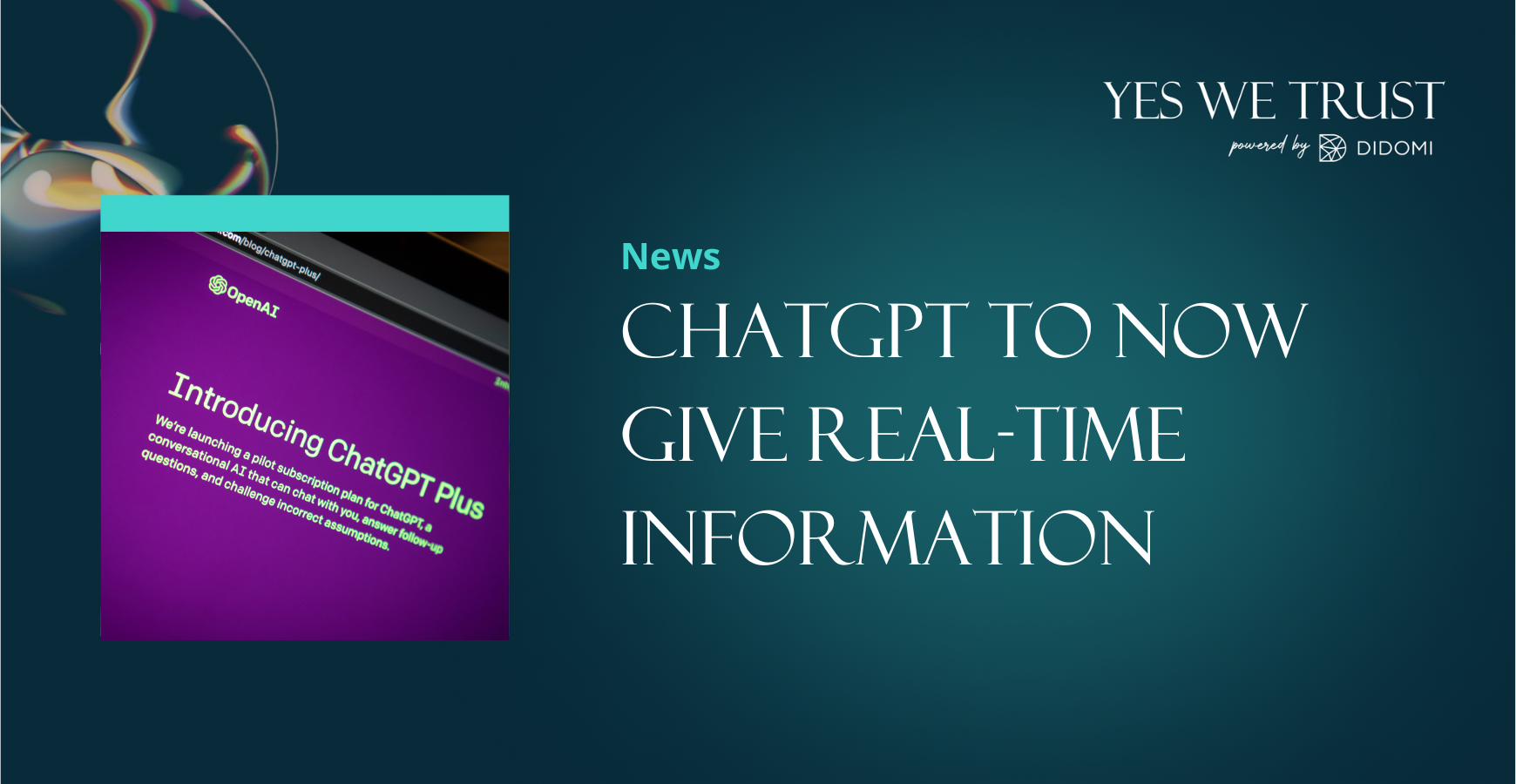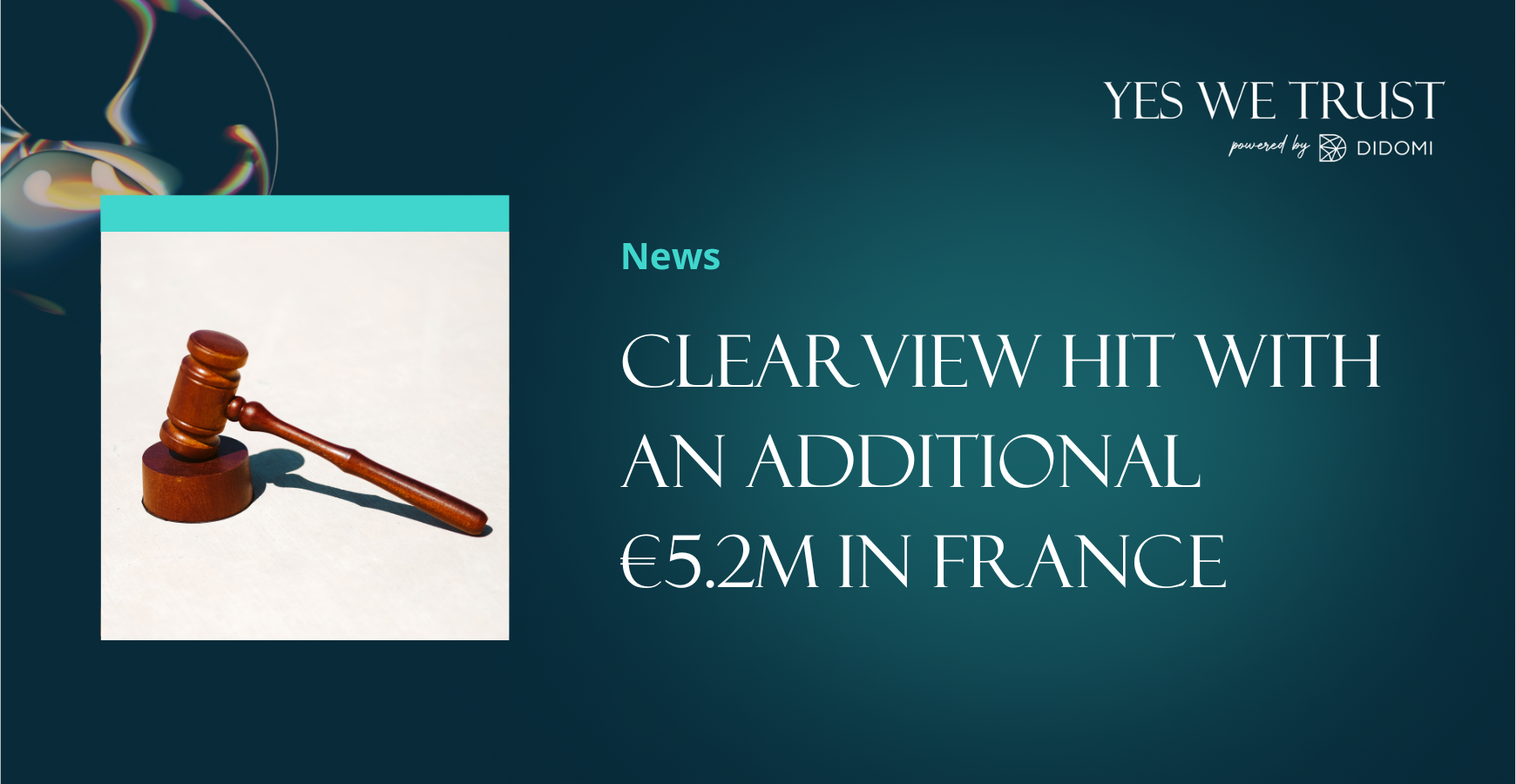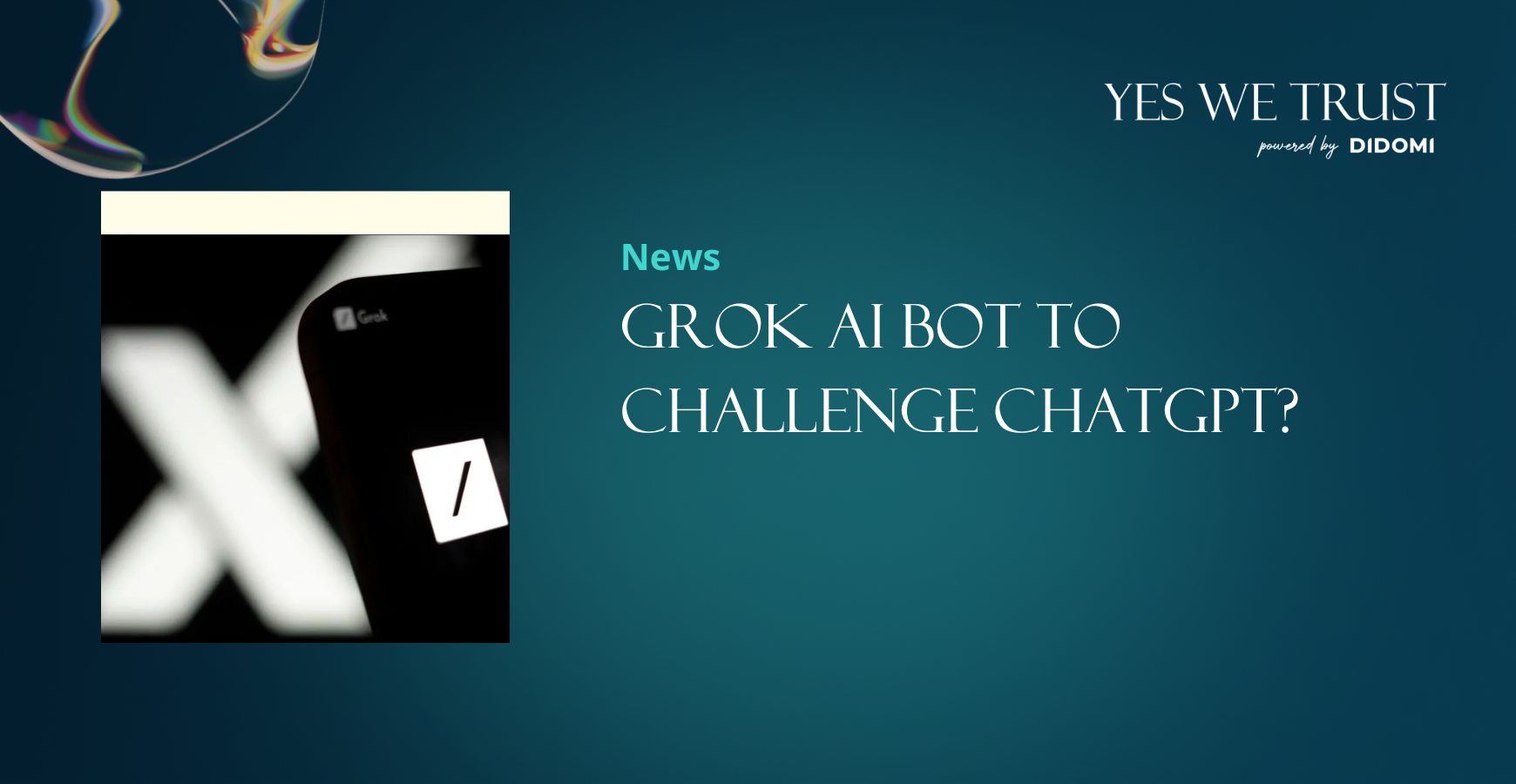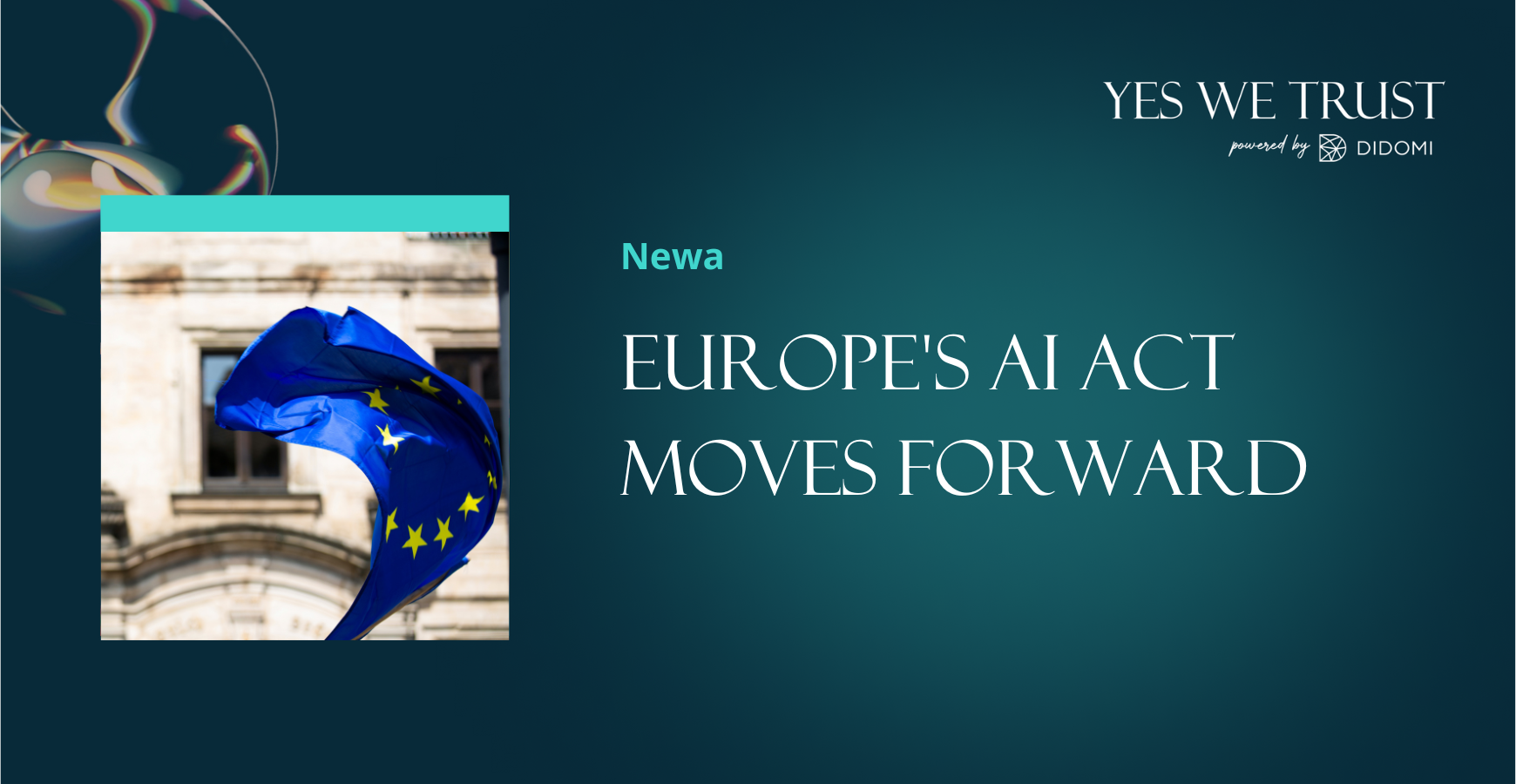Summary
On Thursday, April 13, the European Data Protection Board (EDPB) announced the creation of a "task force" on ChatGPT.
It will be responsible for strengthening the exchange of information between national authorities about the chat software developed with artificial intelligence "in order to foster cooperation and exchange information on possible enforcement actions taken by data protection authorities".
This decision is a first step towards a common policy establishing privacy protection rules for AI and comes after the Italian DPA issued a formal notice to OpenAI in early April. It accused the company that developed ChatGPT of not checking the age of its users and of not respecting the legislation on the conservation of personal data.
Established by the General Data Protection Regulation (GDPR) of 2016, the EDPB ensures its proper application in the European Union. The committee is composed of representatives of national data protection authorities and the European Data Protection Supervisor (EDPS). The EDPS ensures that EU institutions and bodies respect the rules protecting privacy when processing citizens' personal data.
ChatGPT, launched last November by the company OpenAI, has attracted public attention for its ability to quickly write answers to a wide range of questions.
The app, which has already reached more than 100 million monthly active users, is raising questions about the threats it may pose to security, privacy and employment.
In France, the National Commission for Information Technology and Liberties (CNIL) told Reuters on Tuesday that it had received several complaints about ChatGPT and was investigating them:
|
"The EDPS has decided to set up a dedicated working group to foster cooperation and exchange information on possible actions taken by data protection authorities." |
European Union (EU) member states are hoping to align their policy positions, but that takes time, said a source at a national watchdog.
The source said member states are not seeking to punish or set rules that will affect Microsoft Corp-backed OpenAI, but rather to create "transparent" general policies. What do you think about the privacy implications of ChatGPT and about the actions taken across Europe to address them?
